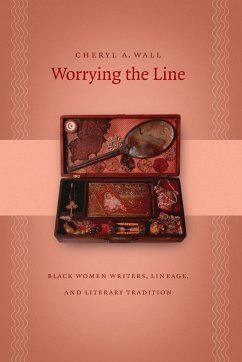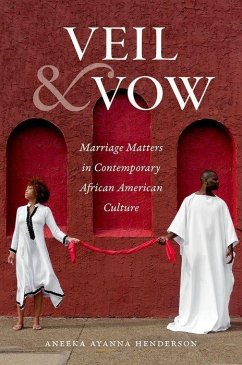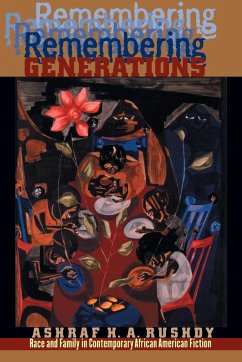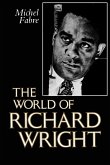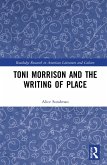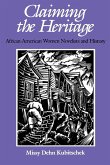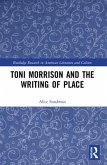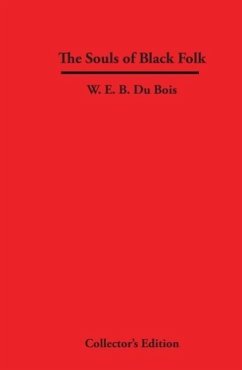For blues musicians, "worrying the line" is the technique of breaking up a phrase by changing pitch, adding a shout, or repeating words in order to emphasize, clarify, or subvert a moment in a song. Cheryl A. Wall applies this term to fiction and nonfiction writing by African American women in the twentieth century, demonstrating how these writers bring about similar changes in African American and American literary traditions. Examining the works of Lucille Clifton, Gayl Jones, Audre Lorde, Paule Marshall, Toni Morrison, Gloria Naylor, and Alice Walker, Wall highlights ways in which these authors construct family genealogies, filling in the gaps with dreams, rituals, music, or images that forge a connection to family lost through slavery. For the black woman author, Wall contends, this method of revising and extending canonical forms provides the opportunity to comment on the literary past while also calling attention to the lingering historical effects of slavery. For the reader, Wall shows, the images and words combine to create a new kind of text that extends meanings of the line, both as lineage and as literary tradition.
Bitte wählen Sie Ihr Anliegen aus.
Rechnungen
Retourenschein anfordern
Bestellstatus
Storno

